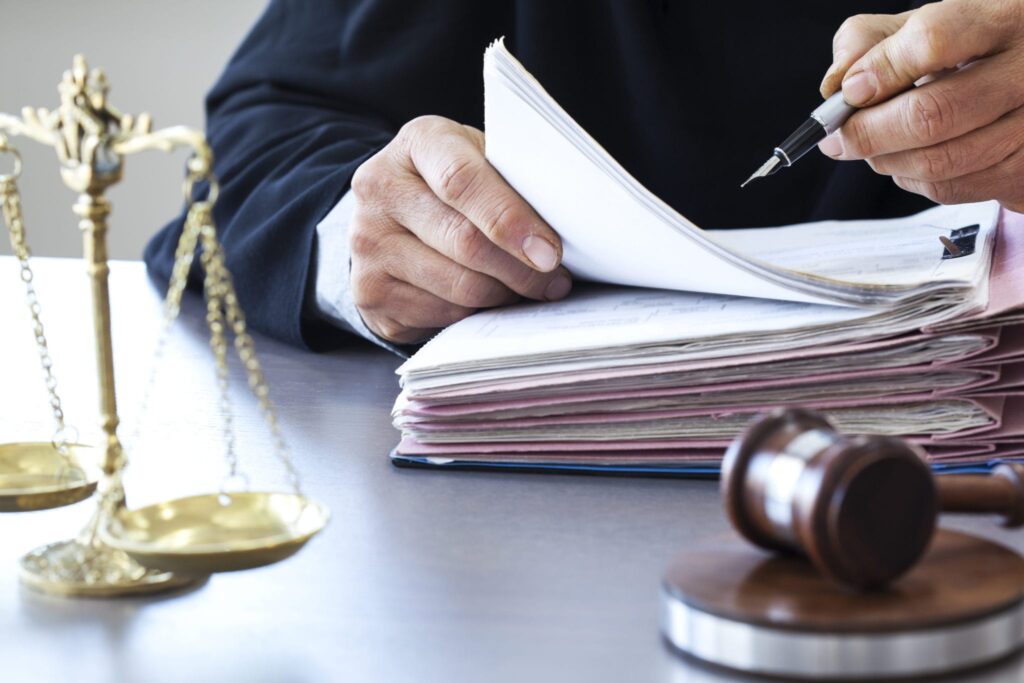Expungements and pardons involve detailed legal and factual analysis. To assess your claim and offer accurate legal advice, your Perrysburg expungement lawyer needs to have lots of information. Although lawyers have their own interview process, they will talk to you about the following during your consultation:
Where the Offense Took Place
Because expungement laws and procedures vary by state, lawyers must know the laws that apply to your case to offer accurate advice. You need to file your expungement request in the court that handled your criminal case. Make sure to bring any court documents you have to the appointment.
The Offense
In some cases, the expungement rules of a state vary depending on how serious the offense. Typically, it is easier to expunge a misdemeanor than a violent felony. And the majority of states prohibit the expungement of some criminal offenses including sex crimes violent crimes, and serious drug offenses. As you meet with your lawyer, be ready to talk about your criminal history in detail. Bring any court documents, police reports, or other information to the appointment.
Conviction
There may be additional requirements in your expungement claim if you have been convicted of a crime. For instance, you usually need to complete the terms of your sentence to be eligible. Present any documents that show the successful completion of your sentence to your lawyer.
When the Crime Happened
Usually, there is a waiting period imposed in expungement cases. Such periods vary from a short period to decades. Your lawyer will determine your eligibility by understanding when the crime took place, when your conviction was, and when you completed your sentence.
Your Age when the Commission of the Crime Happened
If you were a minor when the crime took place, expunging your record may be easier. The majority of states have generous rules on juvenile expungements. This is especially possible if you have not been charged with or convicted of subsequent crimes as an adult.

